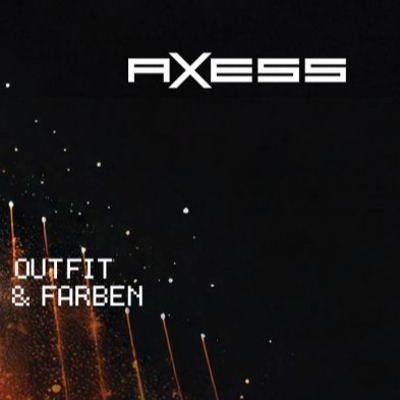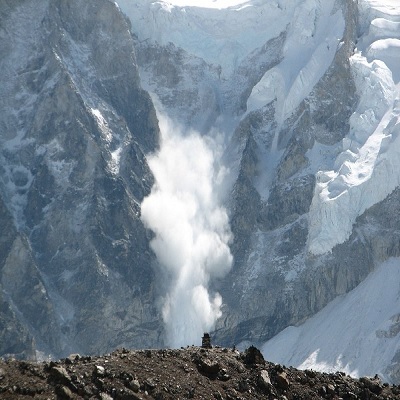Rab & Lowe Alpine Together With EOG Present First Results Of Polybag Recycling Trial

British outdoor brands Rab and Lowe Alpine (owned by Equip Outdoor Technologies Ltd.) together with the European Outdoor Group (EOG) have just presented the first results of their polybag recycling trial, carried out within the EOG’s Single Use Plastics (SUP) Project. Testing out a new packing process, Equip removed polybags from their direct to consumer orders and recycled them rather than leaving the responsibility to consumers, which usually means ending up in landfill.
In this first uplift, almost 350kg of polybags were recycled with a specialist polybag reprocessing partner identified through the SUP project. To avoid recycling systems being contaminated, Equip ensured to use minimal printing, tape or labels on their polybags. Also, Equip reduced the size of their polybags, choosing to roll and fold products differently to take up less space.
The quality of the recycled material is extremely high and commodity-grade, with minimal degradation in quality and the ability for the plastic to be used in further transparent applications. In short, this means this plastic could easily be turned back into polybags, and most importantly that it will remain in the resource stream. Initial estimates from the EOG show that if implemented correctly, this system could capture as much as 86% of all polybags used in the industry. This could contribute to a significant reduction in carbon emissions and minimise the use of virgin materials, one of the main targets in Equip’s CSR strategy.
The EOG’s Single Use Plastics Project involves over 40 retailers and brands from the outdoor industry who have been researching and testing ways to reduce the impact of their single use plastic packaging. The underlining findings of the project is that plastics can be a useful resource for the industry when treated and used properly. Polybags protect valuable outdoor gear from damp, dirt, and damage in the supply chain. However, the majority of polybags are discarded, not recycled. Even when properly disposed of, polybags are often sent to landfill or incinerated due to technological or cost barriers. Only a fraction of used polybags are recycled or reused, leading to an unnecessarily high demand for virgin plastics, and significant waste of a valuable resource.
With their polybag recycling trial, the EOG and Equip aim to cut down the use of virgin plastic, keeping plastics in use for longer and establishing a global recycled plastic market led by the outdoor industry. By encouraging as many outdoor industry actors as possible to participate in the project, the EOG and Equip hope to lead the way to an industry-wide recycling stream.
Scott Nelson, Programme Manager at EOG, explains: “We spent a significant amount of time trying to find a magical material that would solve all of our single-use plastic problems. Research shows that recycled plastic does some things very well, but it is highly problematic at its end of life. That’s where we chose to focus our efforts – redesigning the systems that cause this valuable material to be wasted. Industry-sized problems deserve industry-sized responses, and we are impressed by organisations like Rab and Lowe Alpine who are willing to work with others in the sector to take a significant, collective step in the right direction.”
Debbie Read, Equip’s Head of Corporate Communications and CSR, adds: “While polybags are an essential tool in protecting our products through the supply chain, they create problems when treated as single-use waste. We are doing what we can to minimise their impact; by reducing the size, increasing the recycled content, and taking responsibility for the end of life. This trial shows that there is an alternative to passing the problem onto consumers, and if done successfully can create a valuable resource.”
Equip has been a certified Climate Neutral Company since 2020. Learn more about how Rab is reducing plastics and waste as part of their strategy to reach Net Zero emissions by 2030 HERE.













